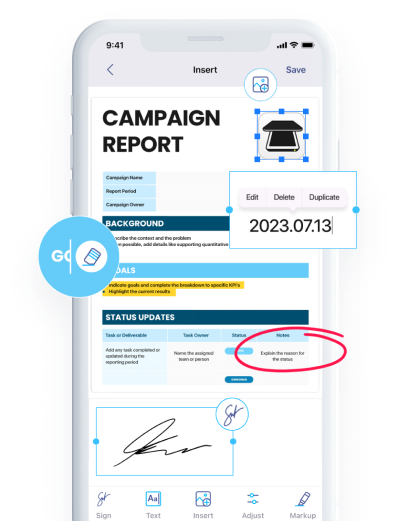

03 sep 2024
Whether you’re a fan of the trusty pen and notebook or rely on digital tools, knowing how to organize notes is a game-changer that saves time and cuts through frustration. Without a solid strategy, even the most detailed notes can become a chaotic mess, leaving you scrambling for information when you need it most.
In this post, we’ll share the most effective, research-backed tips on how to organize notes so they’re easy to read, simple to find, and set you up for academic success now and in the future. From classic methods like the Cornell system to modern digital AI hacks, you’ll learn how to transform your notes into your most powerful study tool. Let’s dive in!

The first and most important step? Get yourself an organizational system. A solid system is the difference between notes that power you through school and notes that end up wasting your time. Whether you’re into digital tools or love the feel of pen on paper, there are countless methods for how to organize notes. The trick is to find what works for you and stick with it.
There are plenty of note-taking systems out there, but our top pick has to be the Cornell Note-Taking System. Why? Because it’s not just popular — it’s proven. Backed by research, this method developed by Cornell Uni professor Walter Pauk has shown time and again that it boosts retention and comprehension.
The genius of the Cornell system lies in its simple yet effective layout: each page of your notes is divided into three sections—Notes, Cues, and Summary—allowing you to capture key information and reflect on it.
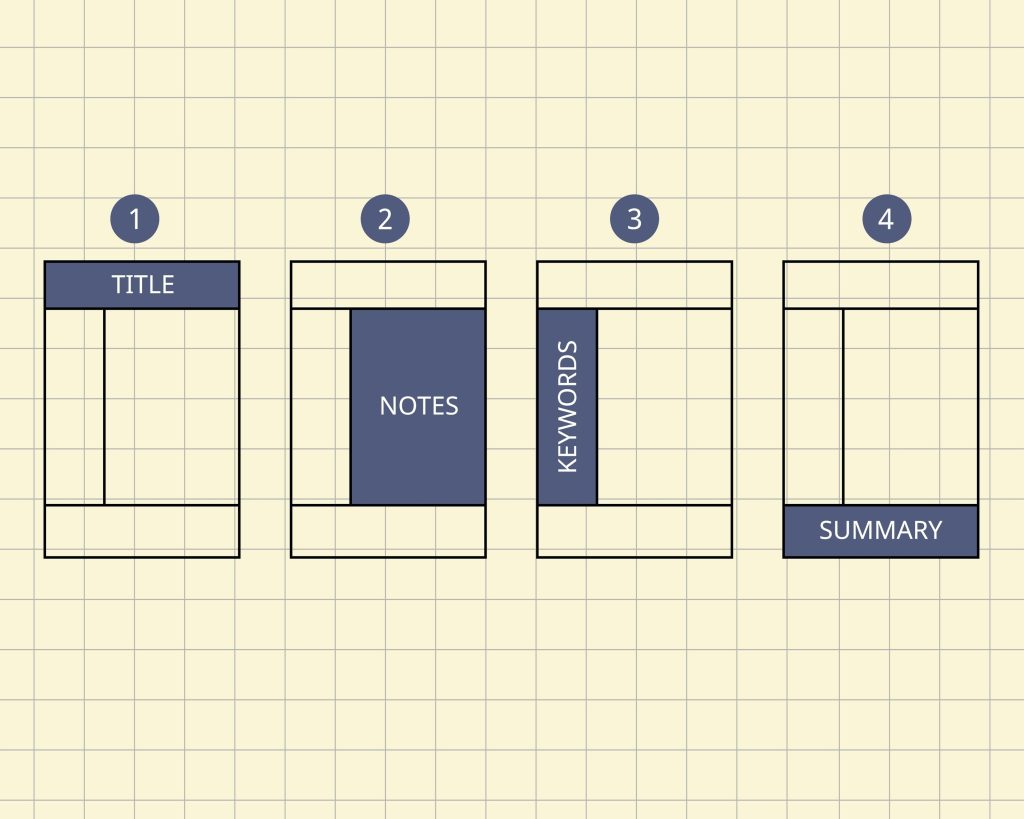
The Notes section captures key points and facts from the lecture. The Cues section is where you jot down your own questions, comments, or keywords on the subject. The Summary is a brief recap of the day’s lesson, written in your own words to reinforce what you’ve learned.
The system is flexible—perfect for adapting to different subjects. For visual-heavy topics like chemistry or math, you might expand sections to include diagrams or formulas. But the real magic lies in the Summary—a quick, focused review that helps lock in information and prep for exams. For best results, complete it after class when the material is still fresh, and see how it boosts your retention and comprehension.
When it comes to digital note-taking, it all starts with picking the right app and sticking with it. The goal is to have all your notes in one place which makes it easy to find what you need, so you spend less time searching and more time actually studying. You don’t need anything fancy—even MS Word or Google Docs can do the trick although there are fancier options like Notability, Evernote, Notion, Obsidian, and so many more. At the end of the day it doesn’t make much difference which app you choose as long as you can stick with it.
A consistent structure is everything. Whether you organize by subject, date, or project, stick to a method that makes sense for you. It’s also a brilliant idea to have one log with links to all your individual files so you can find anything in seconds.

Forget wasting time on library scanners—your phone can do it all. With the right app, you can scan notes, pages, and handouts without ever leaving your dorm. iScanner is our top recommendation for its generous PDF editor in the free version, AI search that can find any document (handwritten or typed) by a keyword, and device syncing. Plus, the app offers a bonus for students—be sure to check it out!
Make sure your chosen app syncs across devices. This way, your study materials are always at your fingertips, no matter where you are. Take notes on your laptop in class, then review them on your phone on the bus.
Don’t let digital clutter take over. Set aside time each week to review your notes, archive what’s no longer needed, and highlight the essentials. A little routine maintenance keeps your notes sharp and study-ready.
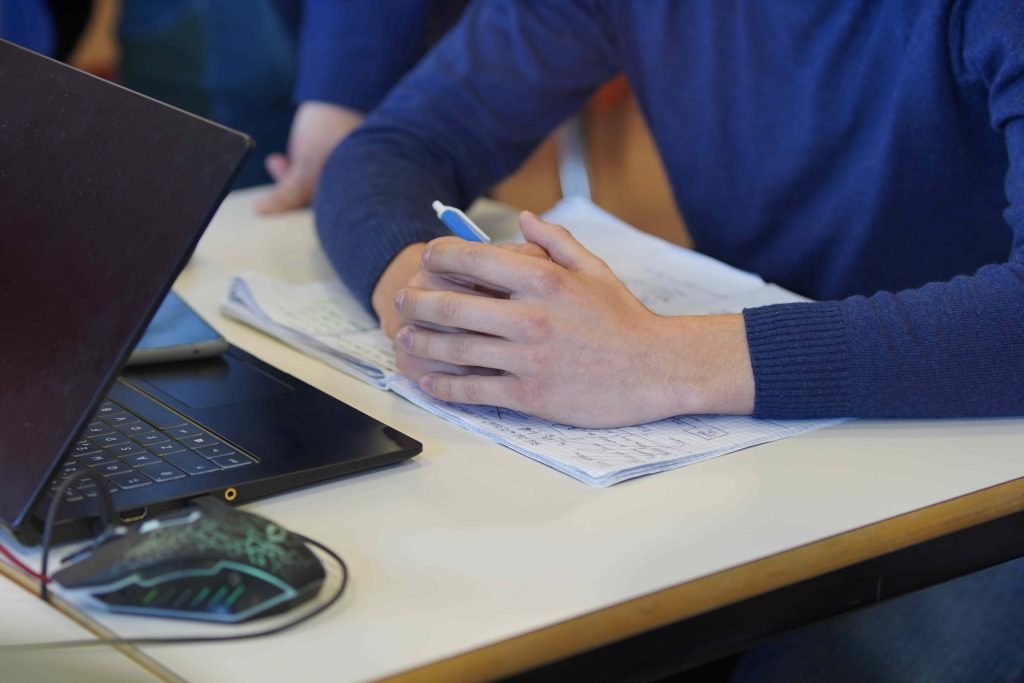
Rewriting something in your own words is a fantastic way to boost engagement and retention. Sure, it might feel easier to jot down your professor’s words verbatim, but resist the urge! Even a slight rephrase can make a huge difference in how much you remember after the lecture.
Trying to write down everything a professor says? You’ll burn out fast — and miss the point. Instead, focus on capturing the core concepts in short, punchy phrases. The goal is to get the gist, not every word.
Don’t forget how useful abbreviations can be! Use the common ones like w/o for without, b/c for because, & for and, and feel free to invent your own: your notes, your rules! It will save you tons of time down the road.
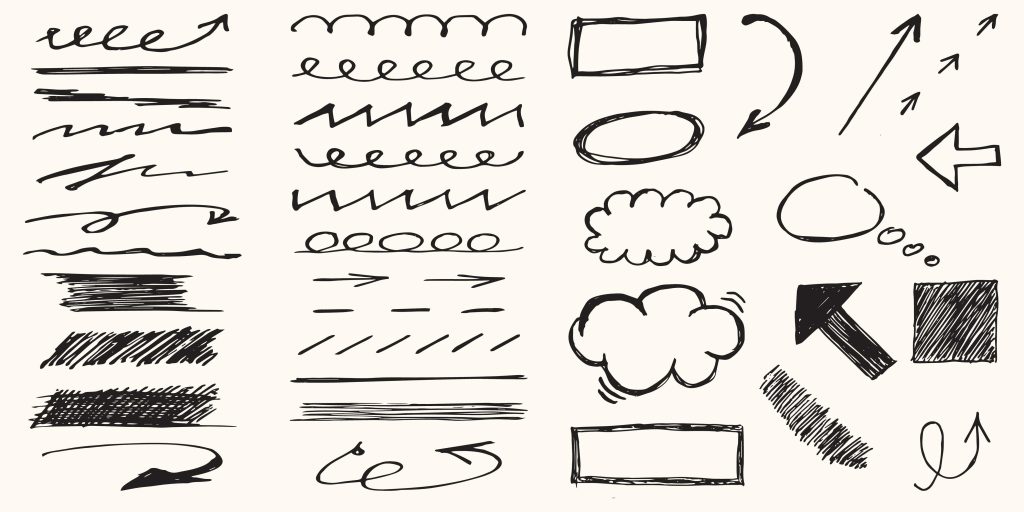
A picture is worth a thousand words, especially when studying. Visualizing concepts—through diagrams, mind maps, or sketches—can supercharge your memory and make exam prep much easier!
Highlight key points and anything that’s tricky to remember or grasp. It’s a quick way to see which sections need more of your focus.
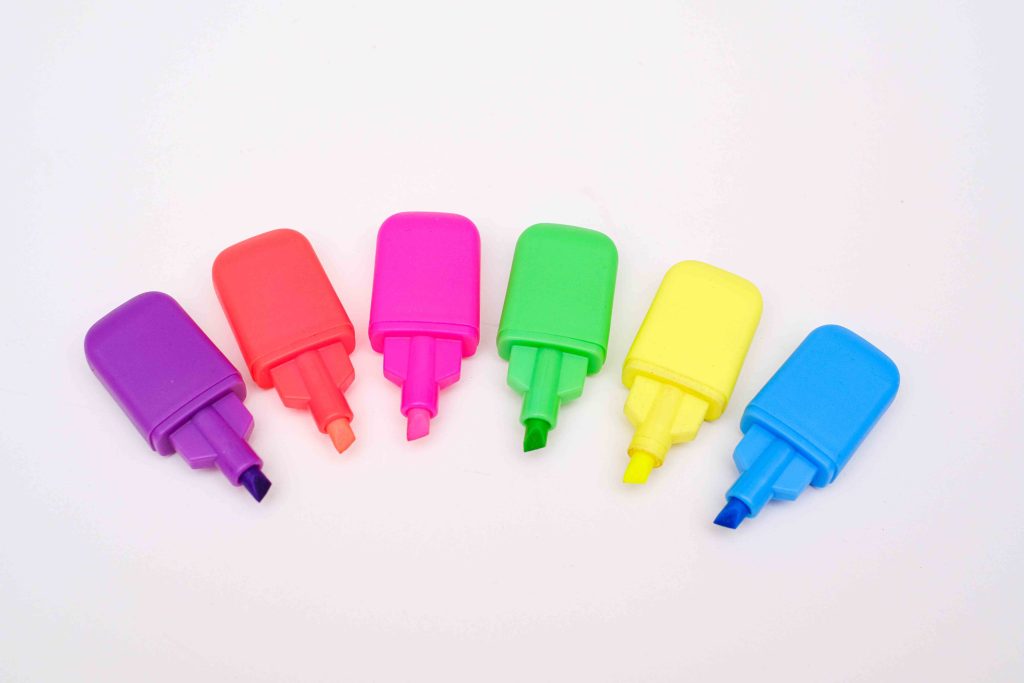
It’s easy to go highlight-crazy (we’ve all been there), but too much color can be distracting. Keep it simple and highlight only the essentials to stay focused—when everything is highlighted nothing is.
If you’re a fan of handwritten notes, always add dates and page numbers. It might feel tedious now, but future you will be grateful when it comes time to review.
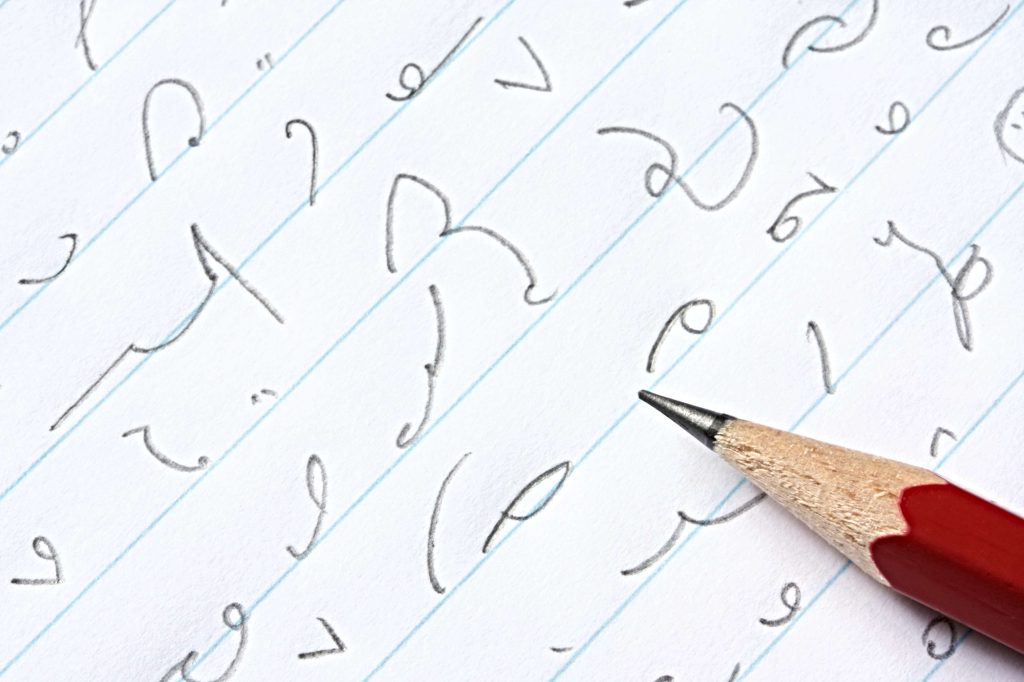
Ever heard of shorthand writing? It’s a quick way to jot down notes using symbols and contractions instead of full words. Stenographers and journalists have relied on it for centuries, and it can seriously speed up your note-taking!
When it’s time to prep for exams, don’t fall into the trap of relying too heavily on your notes. Simply reading through them can create a false sense of progress — like you’ve got it all down, when you really don’t. Notes are great for organizing and understanding new material, but they aren’t enough on their own. For serious exam prep, you’ll need to mix in other strategies to truly test your knowledge and ensure you’re ready.
